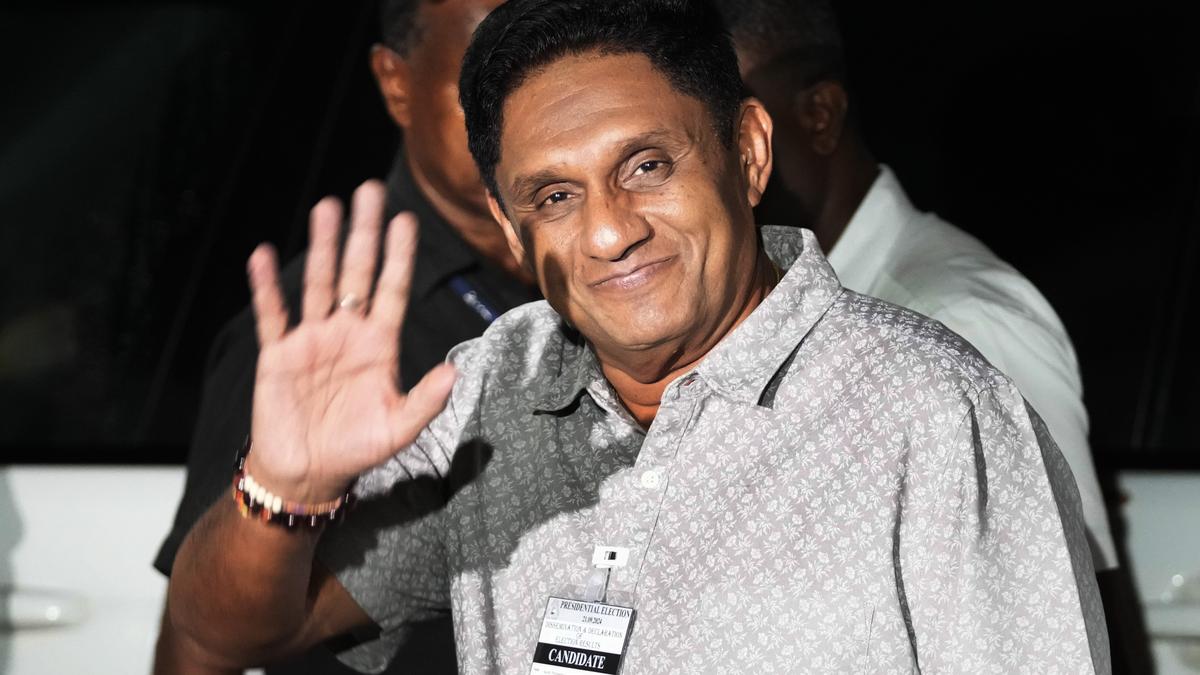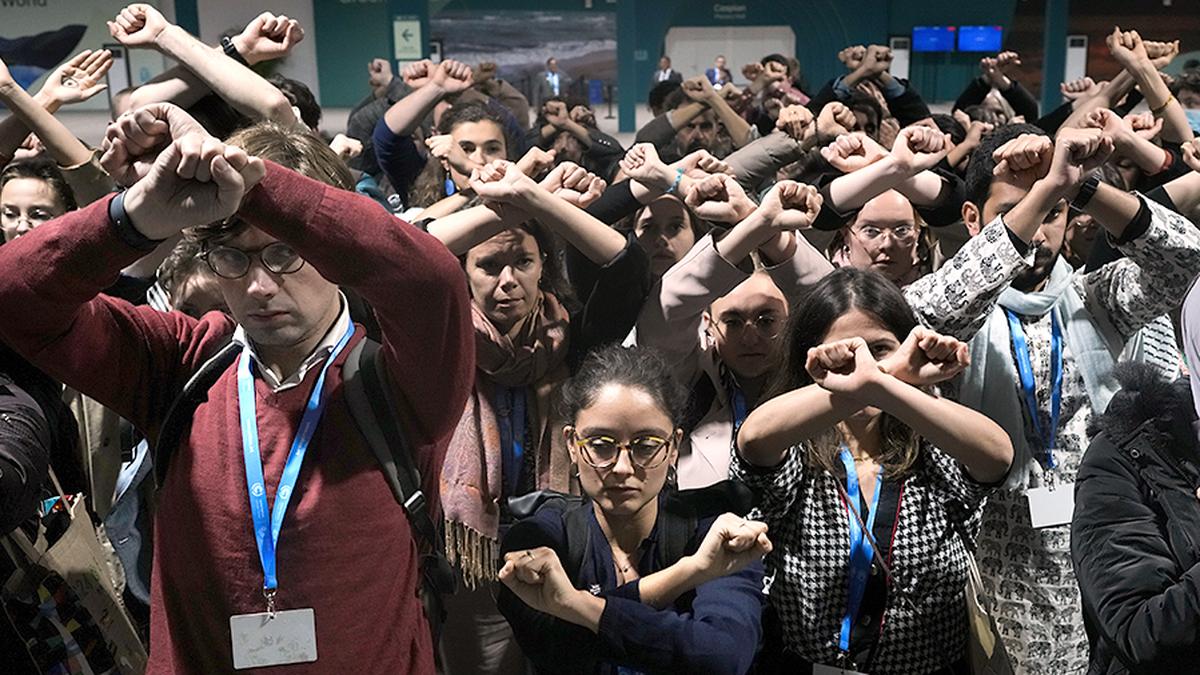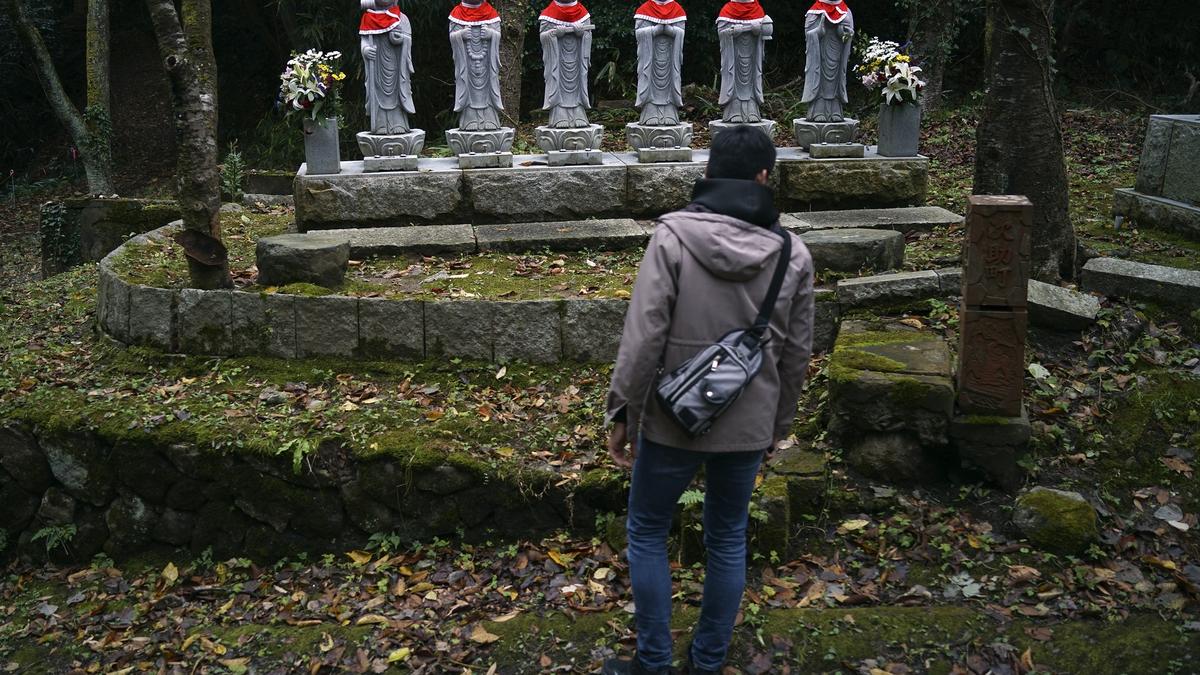Sri Lanka’s Leader of Opposition Sajith Premadasa, who lost to leftist leader Anura Kumara Dissanayake in Saturday’s (September 21, 2024) presidential election, garnered the highest share of the Tamil minority’s vote, data published by the Election Commission of Sri Lanka showed.
Mr. Premadasa cumulatively secured over 40% of the votes across Tamil-majority areas in the island’s north, east, and central hill country. Significantly, the Samagi Jana Balawegaya leader obtained more votes than P. Ariyanethiran, a “common Tamil candidate” fielded by some political actors and civil society groups.

Weeks ahead of the polls, prominent Tamil party, the Ilankai Tamil Arasu Katchi (ITAK), pledged support for Mr. Premadasa, who drew Tamil votes in the 2019 election too, when he challenged Gotabaya Rajapaksa. Following the party’s announcement, some of its own members endorsed and canvassed for Mr. Ariyanethiran, reflecting sharp divisions within the Tamil polity and the main party.
While backers of the Tamil candidate argued that they had lost faith in the southern leadership and sought to “give a message” to the international community, others opposed the move on the grounds that it would weaken the bargaining power of Tamils. Some commentators even termed it a “political suicide”.
As true Sri Lankans, our optimism will ultimately prevail. This election ignited a passion like never before, and together, we will channel that passion to build a stronger, more prosperous Sri Lanka we all dream of. Thank you to everyone who voted for me—I’m humbled by your…
— Sajith Premadasa (@sajithpremadasa) September 22, 2024
Posting on social media platform ‘X’ following Mr. Dissanayake’s victory, ITAK member and Jaffna legislator M.A. Sumanthiran said: “Congratulations @anuradisanayake for an impressive win, achieved without recourse to racial or religious chauvinism. Our thanks to the Tamil People in the North and East who voted for @sajithpremadasa rejecting others on #ITAK advice and showed the difference in the electoral map.”
On the other hand, fellow ITAK legislator Sivagnanam Shritharan said the Tamil candidate, too, had garnered a “considerable vote share” in districts across the north and east. “The common Tamil candidate has highlighted the weight of the Tamil vote, and those who opposed the move or others who called for a boycott of the polls will face the consequences of their actions very soon,” he told The Hindu.
Further, commenting on Mr. Dissanayake’s victory, he said: “It is clear that the Sinhalese people have voted for a leader who will stand against corruption and be honest, it is heartening to see that. We are eager to see if Mr. Dissanayake is able to engage with the Tamils, too, with honesty and sincerity,” he said, referring to the Janatha Vimukthi Peramuna’s [JVP, Mr. Dissanayake’s party] history of opposing Tamil self-determination and the Indo-Lanka Accord that sought to address Tamil concerns.
University of Jaffna academic Mahendran Thiruvarangan said he saw the JVP’s victory as a “positive outcome” of a crucial national election for change. However, he contended that the party must introspect on its past more openly, including its role in “fuelling Sinhala nationalism” and supporting support the war, “so minorities do not view them with suspicion”. “They are also yet to make an explicit and strong commitment to power devolution which will be crucial to win the trust of the Tamil minority,” he said.
Published – September 22, 2024 10:35 pm IST




